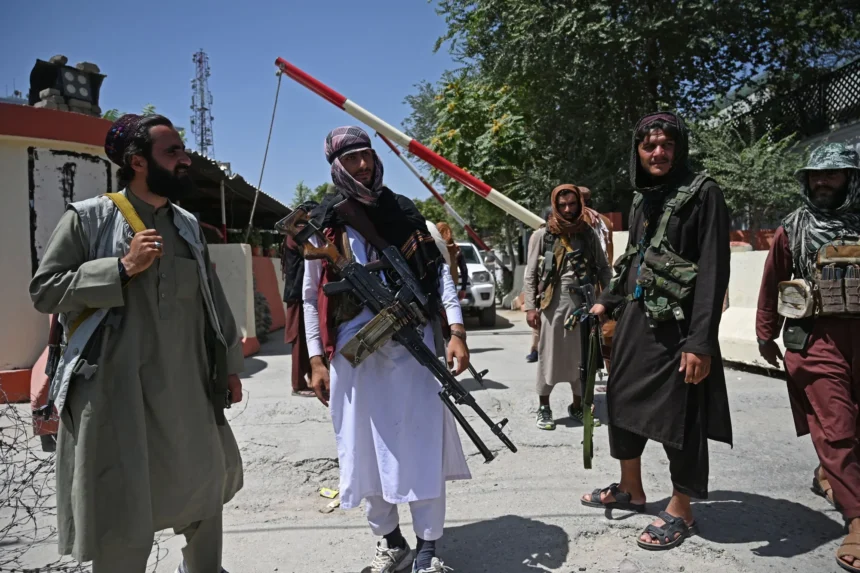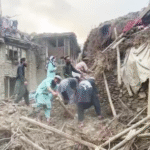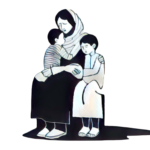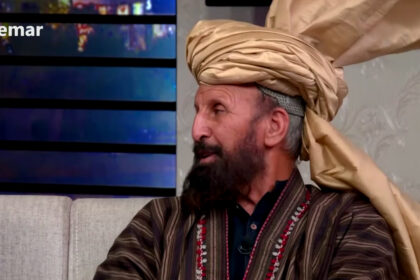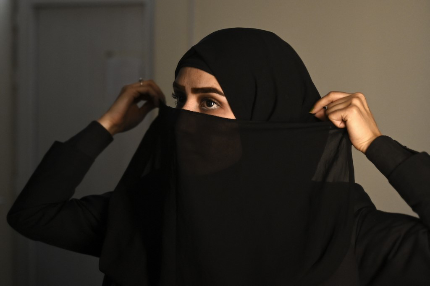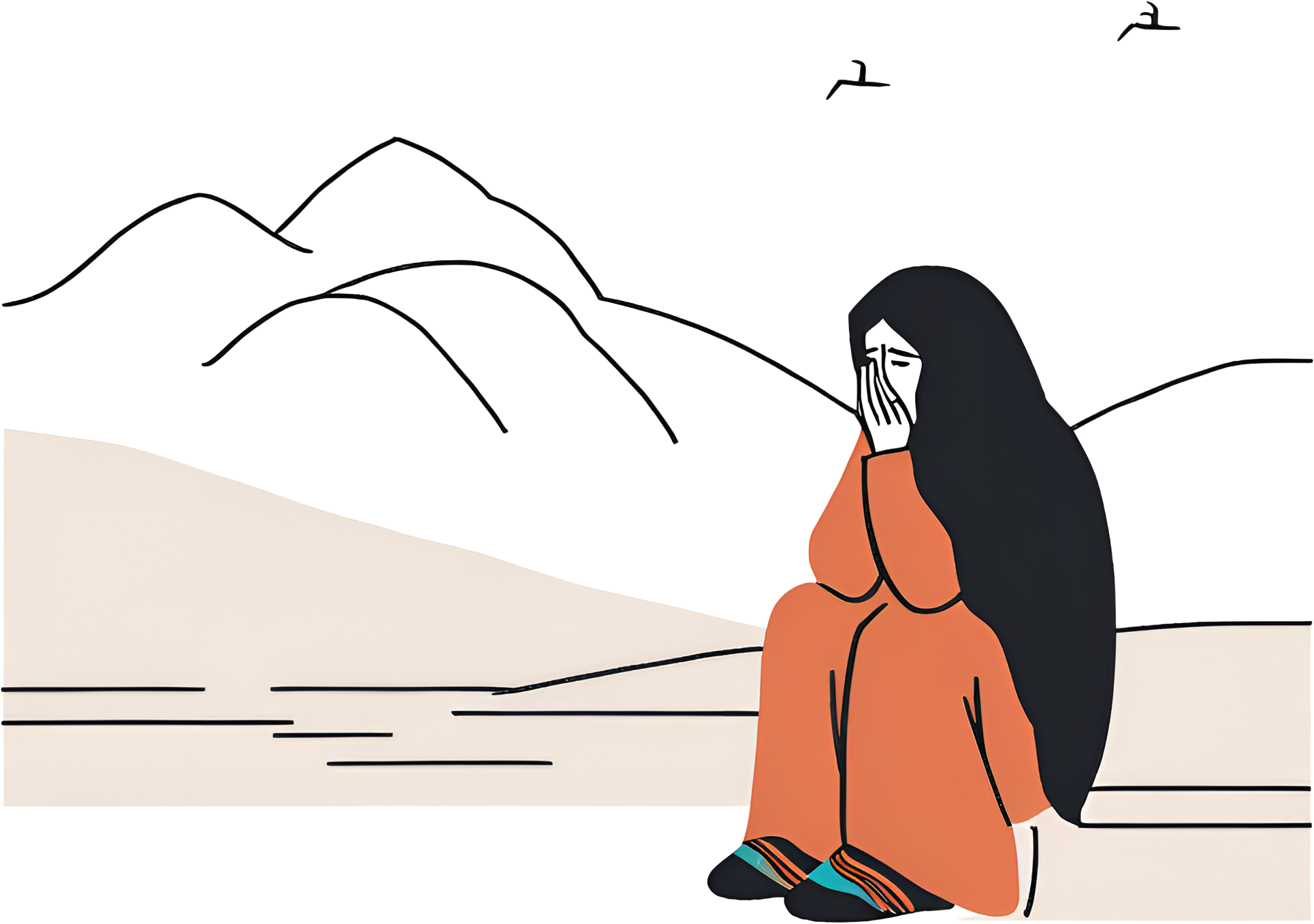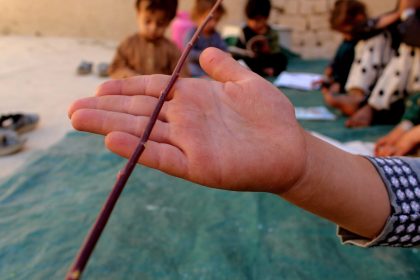The Taliban have imposed sweeping new restrictions on poets and literary gatherings, banning any verses that praise or encourage friendship between boys and girls, while also forbidding criticism of the group’s supreme leader.
The Poetry Gathering Regulation Law, signed by Taliban leader Hibatullah Akhundzada, was published this week in the official gazette, according to the Ministry of Justice. The law, made up of 13 articles, regulates how poetry events are organized, what themes poets are allowed to use, and establishes oversight committees to censor material.
“This law is aimed at ensuring that poetry gatherings align with Islamic principles and Afghan traditions,” the Justice Ministry said in its press release, warning that violators would be punished “in line with Sharia law.”
The ministry press release states that the new law prohibits poets from praising boys or girls, encouraging friendships between them, criticizing the Taliban’s supreme leader, insulting Islamic rituals, promoting ethnic or linguistic divisions, or spreading “immoral customs.”
The press release adds that all poetry events must be registered with the Ministry of Information and Culture and reviewed by an Evaluation Committee of Taliban officials and religious scholars. The committee “has the authority to censor poems before and after events and to remove negative elements from performances.”
Afghan writers and cultural figures warn the new restrictions will silence one of the country’s oldest traditions.
“Poetry has always been the heart of Afghan culture, a space for expressing love, grief, and truth,” said one Afghan poet in exile, speaking anonymously for security reasons. “The Taliban want to strip it of humanity and turn it into political propaganda.”
A Kabul-based cultural analyst told The Afghan Times the measures mark “the end of free literary expression in Afghanistan.”
“When poets are banned from writing about love or questioning power, what remains is not poetry but censorship,” he said.
Poetry gatherings, known as mushairas, have been celebrated in Afghanistan for centuries as places of free expression and debate. Observers fear the Taliban’s new law will erase this heritage and replace it with tightly controlled, ideologically driven performances.


